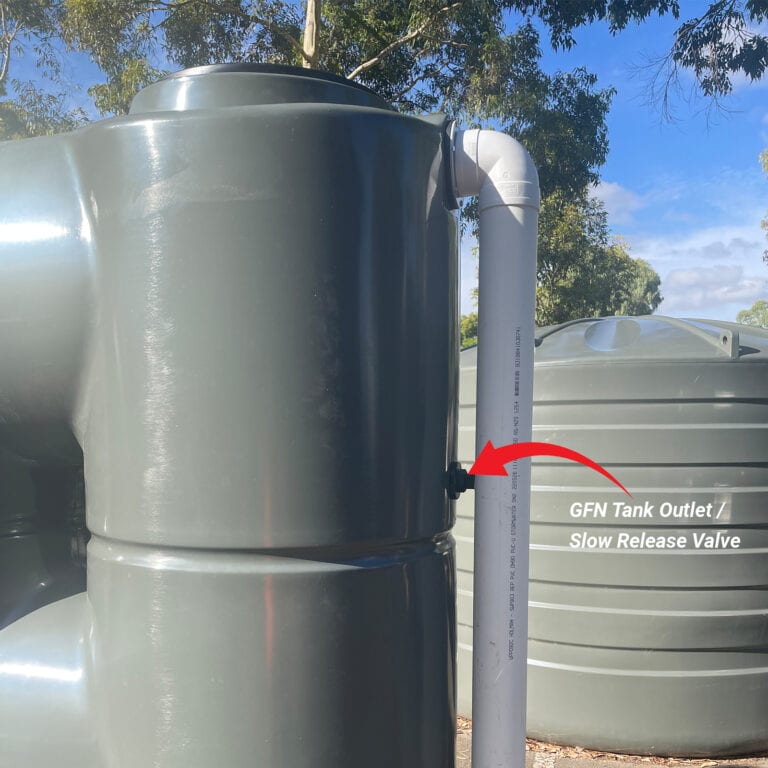Economical Slimline Water Tanks: Optimize Your Rain Harvesting
Economical Slimline Water Tanks: Optimize Your Rain Harvesting
Blog Article
Checking Out the Various Usages of Rainwater Tanks for Residential and Commercial Characteristics
As the global concentrate on sustainable living techniques remains to escalate, the usage of rainwater storage tanks in both residential and industrial setups has become an essential option. These containers provide a storage tank for rainwater harvesting, offering a myriad of potential applications that expand much past mere storage space. From irrigation to bathroom flushing and landscaping, the adaptability of rainwater tanks is substantial. Their assimilation into commercial residential properties opens up a world of opportunities for environmentally mindful organizations. The multifaceted usages of rain tanks present an engaging case for their adoption, not just as a functional water-saving step but additionally as a testament to accountable source monitoring.
Advantages of Using Rain Containers
Using rainwater containers uses numerous benefits for both families and communities in regards to water preservation and sustainability. One of the vital benefits of using rain storage tanks is the significant decrease in reliance on keys water system - Slimline water tanks. By capturing and saving rainwater for later usage, individuals and areas can reduce their demand for cured water, ultimately reducing the concern on water treatment facilities and lowering energy consumption connected with water transport and therapy
Moreover, rain harvesting through storage tanks provides a trustworthy alternative water resource during times of water constraints or shortages. This kept rainwater can be used for various non-potable functions such as irrigation, flushing bathrooms, and washing clothing, decreasing the strain on traditional water resources. Furthermore, using rain containers can cause cost savings for both households and areas by reducing water bills and reducing the demand for costly infrastructure developments to meet growing water demands.
Basically, the application of rainwater tanks uses a lasting and eco-friendly method to water administration, profiting both specific customers and the more comprehensive community in terms of water conservation, cost-efficiency, and resilience.
Rain Tank Use in Irrigation
Given the advantages of rain tanks in conserving water resources and reducing reliance on mains supply of water, a considerable application depends on making use of saved rain for watering functions - Slimline water tanks. Rainwater gathering systems can efficiently gather and keep rainwater, offering a sustainable water source for watering yards, grass, and farming areas. By utilizing rainwater for irrigation, building proprietors can minimize their reliance on treated water sources, leading to set you back financial savings and environmental benefits

One of the key advantages of utilizing rain for irrigation is its pureness. Rain is naturally soft and devoid of the chemicals and additives commonly found in mains water, making it excellent for nourishing plants without the threat of hazardous impacts. Additionally, rainwater goes to ambient temperature level, which can benefit plant development by staying clear of temperature shocks that can take place with cold mains water.
Rain Tanks for Bathroom Flushing

Applying rain storage tanks for commode flushing is a cost-efficient and eco-friendly practice that can be easily integrated right into both Going Here property and business residential properties. The kept rain can be utilized to purge commodes by linking the storage tank to the existing plumbing system. This basic yet efficient option can substantially reduce water consumption in a structure, particularly in areas where water deficiency is a concern.

Including Rain Tanks in Landscaping
These storage tanks can capture and save rainwater drainage from roof coverings, which can then be made use of for sprinkling gardens, yards, and plants. By utilizing rain for irrigation objectives, residential property owners can decrease their dependence on local water sources, leading to set you back savings and preservation of valuable water sources.
Along with offering a lasting water source for landscape design demands, rainwater containers can also help in managing stormwater overflow. By capturing rain that would otherwise move into tornado drains, these tanks can alleviate erosion, lower flooding dangers, and protect against contamination of natural water bodies. Including rain storage tanks in landscape design can contribute to the total aesthetic allure of the residential property, showcasing a commitment to environmental stewardship.
Industrial Applications of Rain Containers
Utilizing rainwater storage tanks in business setups uses a lasting service for water administration and preservation, profiting companies and the setting alike. Business applications of this website rainwater containers are diverse and significantly preferred due to the expense financial savings and environmental benefits they provide. One crucial business usage is for irrigation objectives, where collected rain can be used to water landscape design, yards, and farming areas bordering business residential or commercial properties. This can result in considerable reductions in water bills and dependence on metropolitan water sources.
Additionally, rain collected in containers can be treated and utilized for non-potable purposes within industrial residential properties, such as flushing bathrooms, cleansing, and cooling systems. Generally, the incorporation of rain tanks in industrial setups provides a sensible and environmentally liable approach to water administration.
Verdict
From irrigation to bathroom flushing and landscaping, the usage of rain tanks can help conserve water resources and decrease water costs. On the whole, the versatility and sustainability of rainwater tanks make them an important investment for any type of residential property proprietor looking to raise More about the author water performance.
Report this page